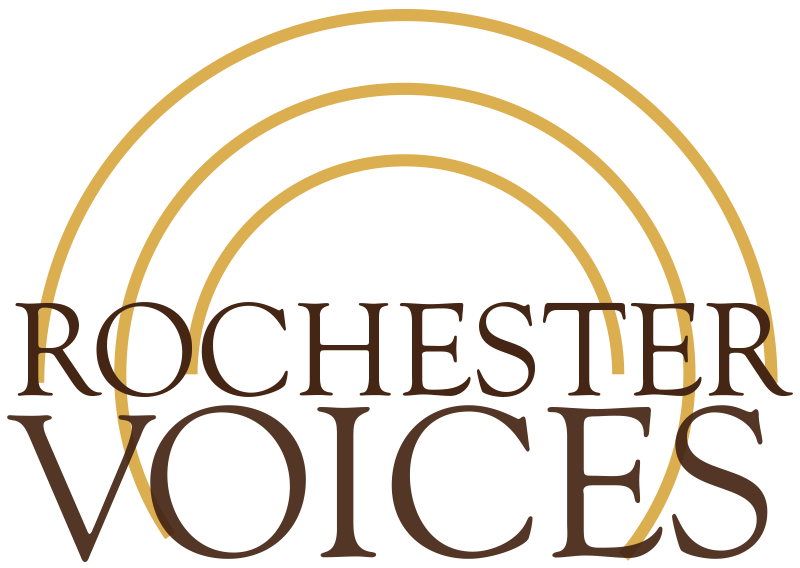Interview, Caudilla L. Baker
Caudilla L. Baker (1907-1983) was born on a Texas farm to educated parents. He was one of six children and his family did not have the money to send him to college. At the age of 30, he moved to New York City, where he worked as a warehouse laborer while earning a degree in international marketing from New York University. He also became involved with the National Association for the Advancement of Colored People (NAACP) and the Urban League of Harlem. Baker was married in 1938 and was drafted into the United States Army in 1943. When he completed his military service, he got a job with the Department of Housing in New York. He came to Rochester in 1952 to open the Hanover Houses public housing project, and later became Executive Director of the Rochester Housing Authority. Baker spoke to his community about education out of Rochester’s New Bethel CME Church for many years. At the time of this interview, he had retired from the Internal Revenue Service and was working for the Rochester Association for the United Nations. Baker passed away on March 21, 1983.
In his interview, Baker recalls experiencing prejudice from his commanding officer when he was in the Army during World War II. He discusses challenges he faced as a black American in the 1940s and racial challenges facing the Rochester community in particular in the 1950s and later. He explains that when he first came to Rochester in 1952, there were only nine black school teachers and seven black professionals in the city: two doctors, two dentists, a veterinarian, a Kodak employee, and a Stromberg-Carlson employee. He remembers that housing in Rochester was segregated and that it was difficult for blacks to rent or own property.
Baker worked in housing development for much of his life, trying to improve living conditions for African Americans. He says his work with Rochester’s Hanover Houses proved that whites and blacks could live together and be “friendly,” and that the success of this project led to others like it around the city. Baker feels his greatest contribution to the black community was through the local church, using meditative preaching to reach the community and influence the younger generation to attend college.
